… Programme targets improved transparency and service delivery across councils
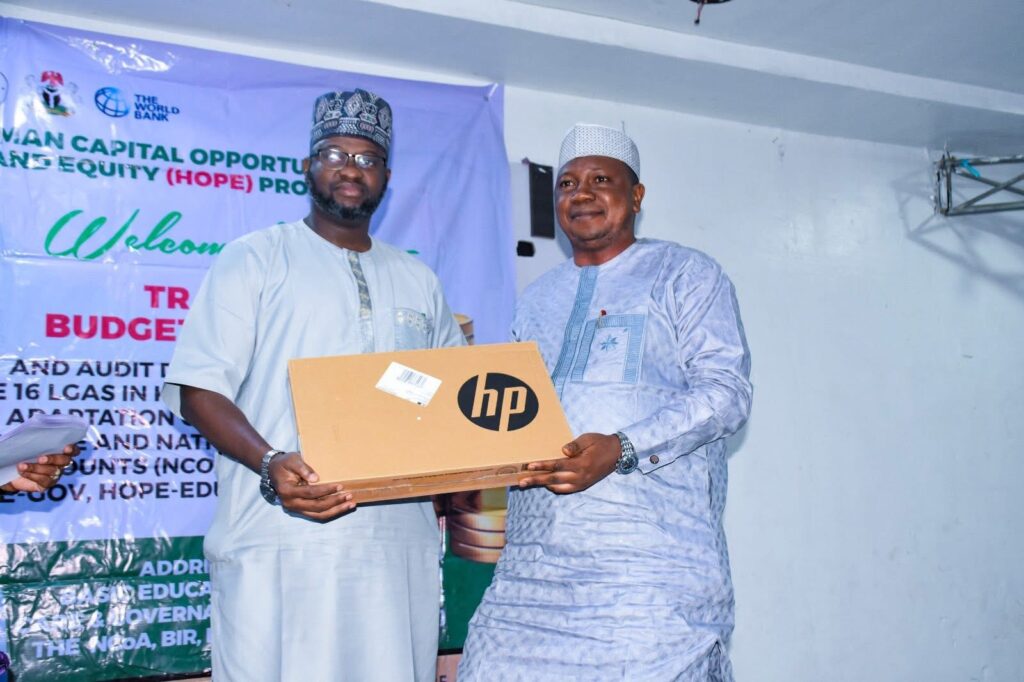
The Kwara State Government has begun a four-day capacity-building training for budget, finance, and audit desk officers from all 16 local government areas to strengthen fiscal management and transparency in line with global standards.
The training, held under the state’s Human Capital Opportunity for Prosperity and Equity (HOPE) Project, focuses on the adoption of harmonized guidelines and the national chart of accounts. The HOPE Project is a World Bank-supported Performance for Results (PforR) programme covering key sectors including governance (HOPE-GOV), basic education (HOPE-EDU), and primary healthcare (HOPE-PHC).
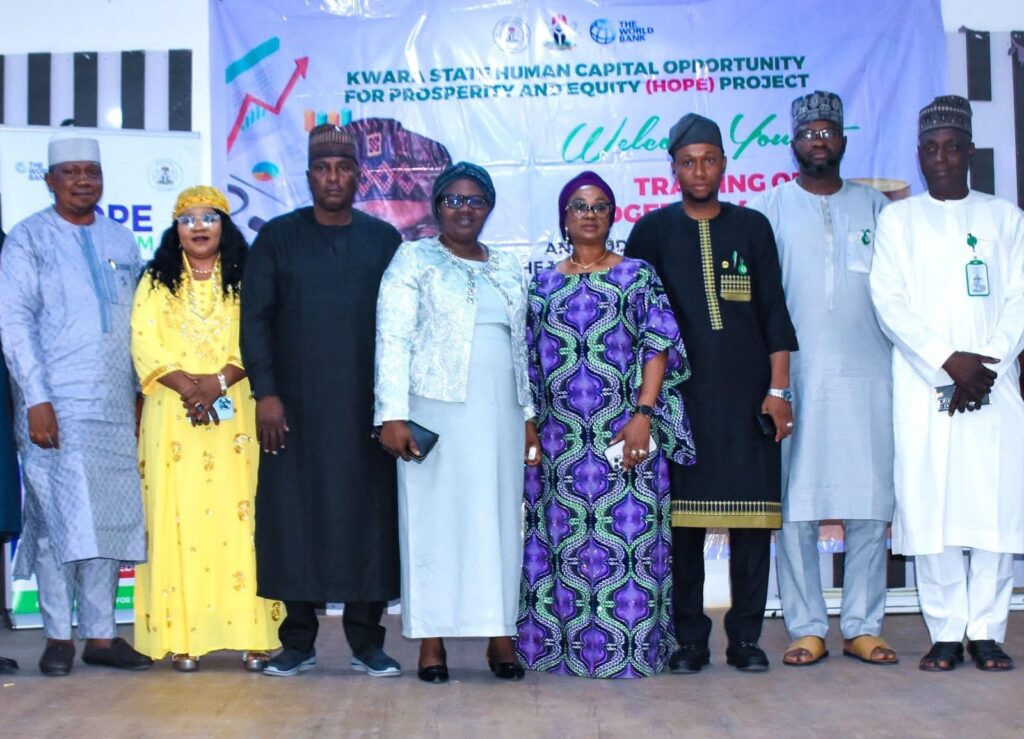
The programme, which runs from Tuesday, October 21 to Friday, October 24, 2025, brings together cabinet members, local council chairmen, and key government officers. Its theme is “Addressing Constraints in Basic Education, Primary Health Care and Governance, and Understanding the National Chart of Accounts (NCoA), International Public Sector Accounting Standards (IPSAS), the Budget Implementation Reporting (BIR) Framework and Public Audit.”
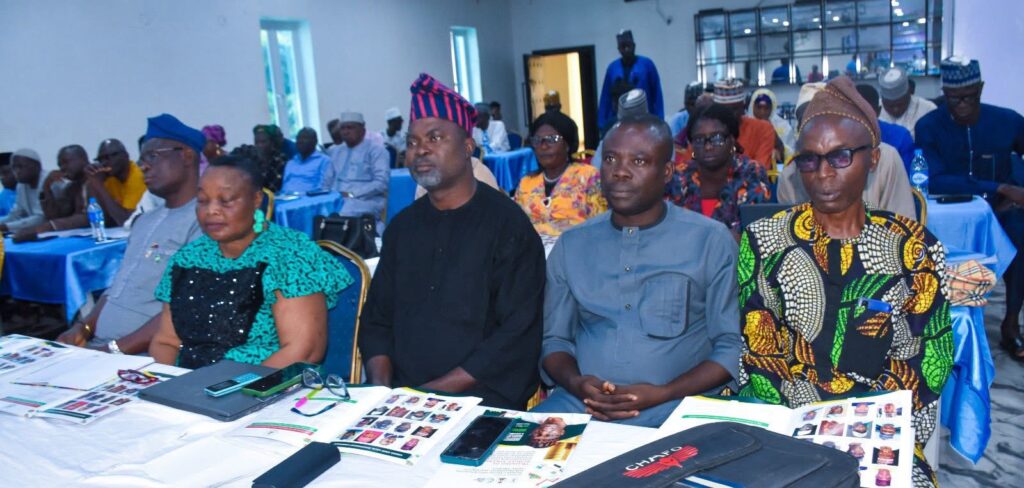
Declaring the session open, the Commissioner for Finance and Chairman of the Kwara HOPE Project, Dr. Hauwa Nuru, said the training demonstrates Governor AbdulRahman AbdulRazaq’s commitment to strengthening governance, promoting accountability, and improving service delivery at all levels.
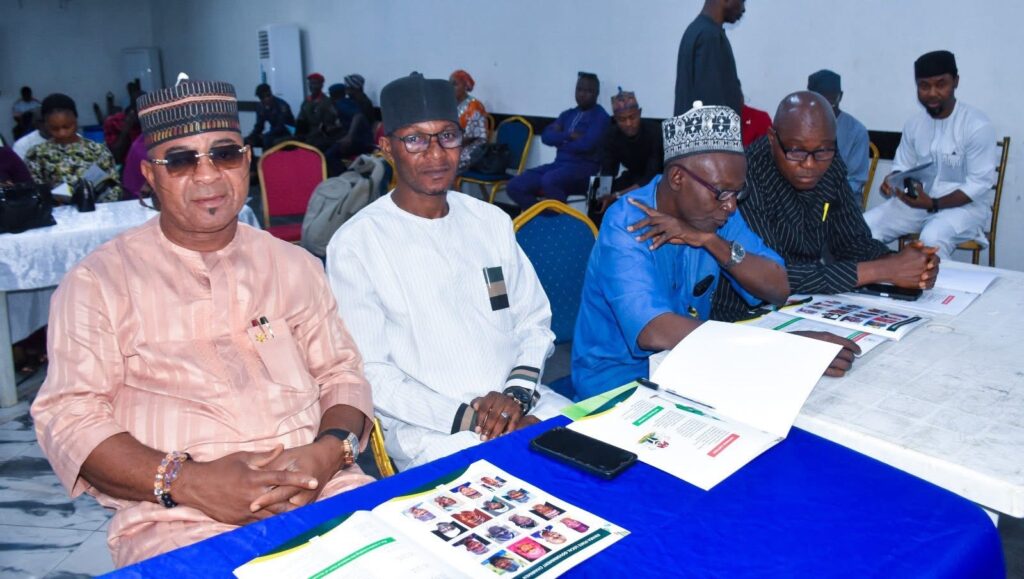
She explained that the HOPE Project was introduced to address long-standing challenges that have hindered efficient service delivery in local governments.
“This training is not just about compliance. It is about building institutional capacity and sustaining progress. It is about empowering our officers with the knowledge and tools to drive efficiency, improve reporting accuracy, and support better decision-making,” Dr. Nuru said.
She added that the frameworks being introduced will help ensure that budgets are properly prepared, expenditures are tracked, and reports are generated in line with national and international standards.
According to her, Kwara State has already recorded significant progress through reforms implemented under the AbdulRazaq administration, including the adoption of performance-based programmes like SABER, NG-CARES, and HOPE. The state, she noted, has also benefitted from executive orders that promote fiscal discipline, ease of doing business, and transparency.
Dr. Nuru encouraged participants to take full advantage of the training to deepen collaboration between all tiers of government and sustain the confidence of development partners.
Lead Consultant for World Bank Projects in Kwara, Dr. Paul Adepelumi, said the exercise would help local governments meet World Bank requirements for transparency and accountability. He explained that the programme is tied to measurable indicators that determine states’ eligibility for support and funding.
Representatives of local government chairmen, including Hon. Suleiman Olatunji Omintuntun (Offa), Hon. Shehu AbdulRahman Ladan (Ilorin West), and Hon. Abdullahi Bello (Edu), commended the state government for creating the platform. They pledged to apply the knowledge gained to strengthen planning and financial reporting in their respective councils.
A key highlight of the event was the presentation of laptops to participants, five per local government, to support the practical sessions and enhance efficiency in financial documentation and reporting.
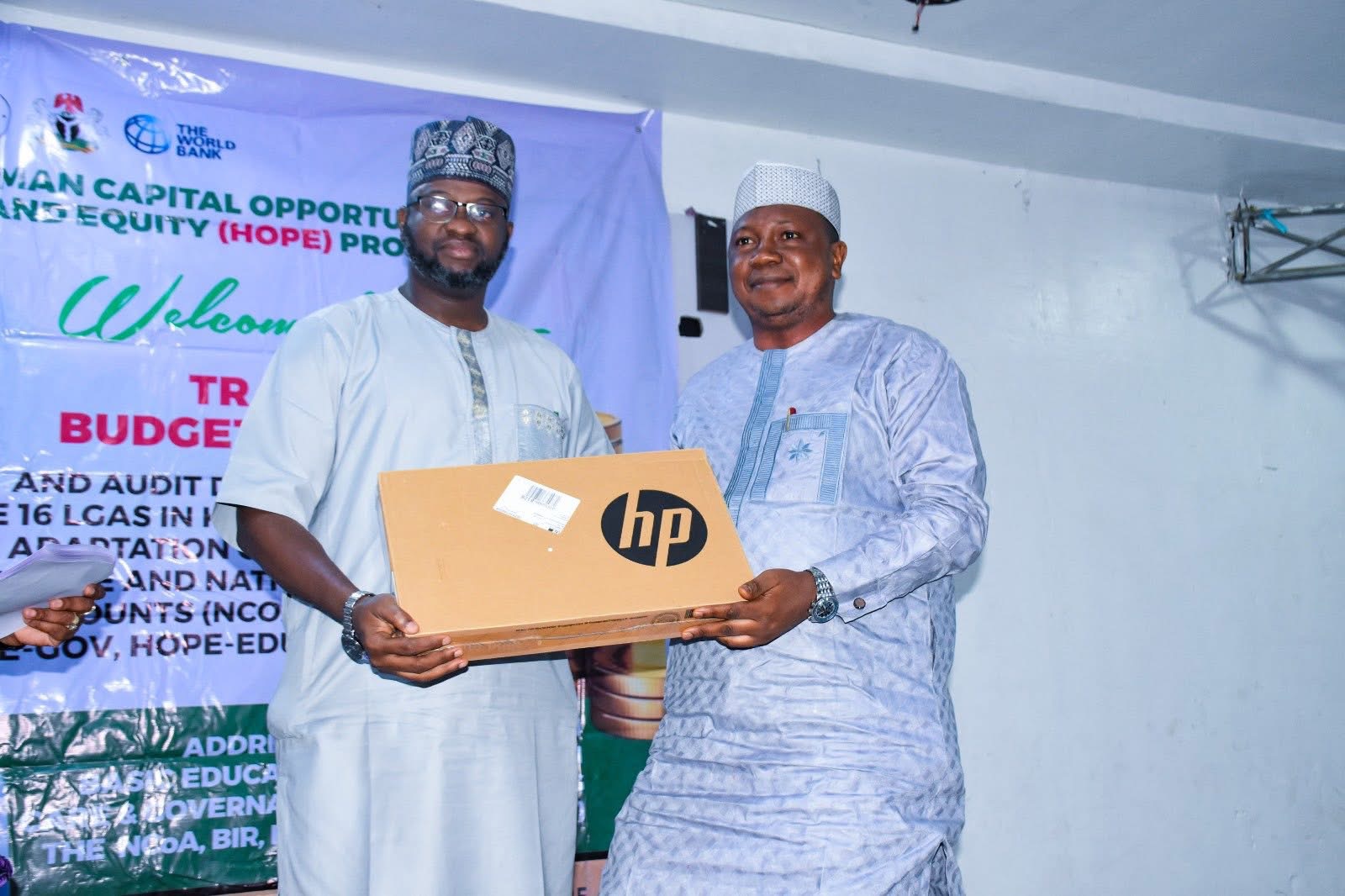
Leave a Reply